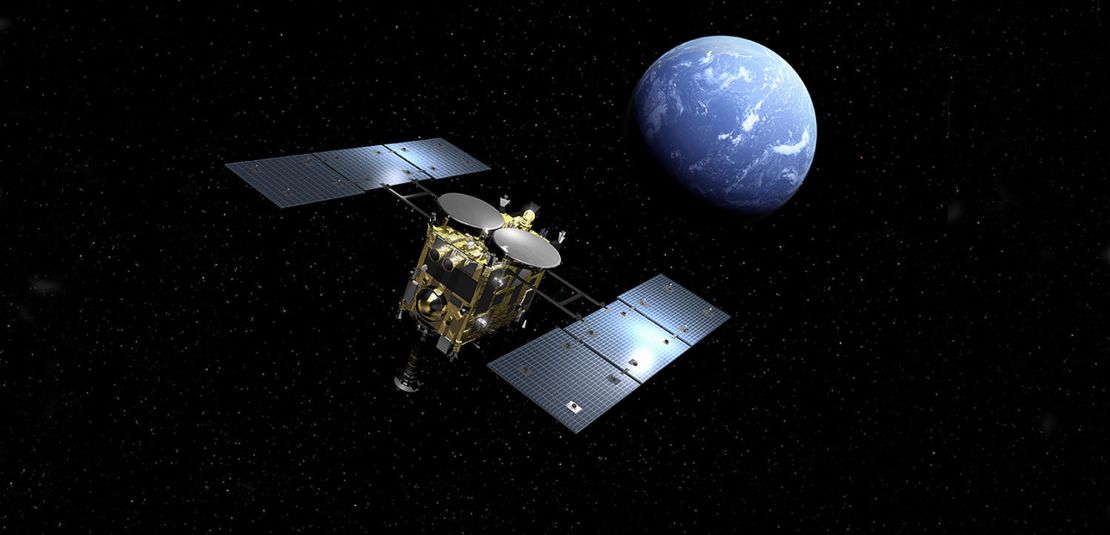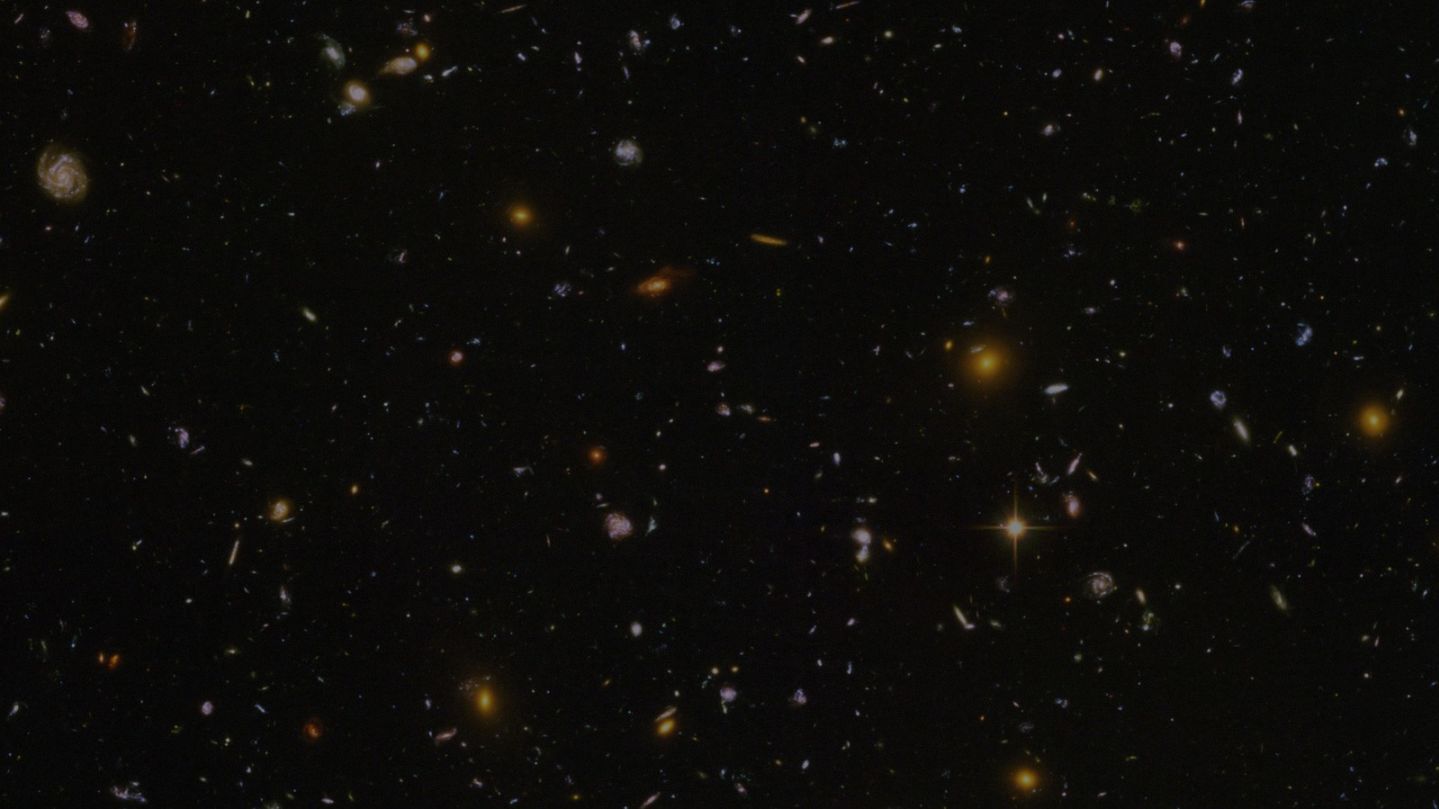A Japanese spacecraft has reached a diamond-shaped asteroid three years after setting off on its mission to learn about the origins of Earth.
The Hayabusa2 spacecraft arrived Wednesday at the asteroid Ryugu after leaving on a 300 million-kilometer (186.4 million-mile) journey from Earth that began in December 2014, the Japan Aerospace Exploration Agency said.
The spacecraft is roughly 20 kilometers (12.4 miles) from the asteroid, from where it will launch a projectile into the rock in a bid to excavate samples from beneath the surface.

Later, Hayabusa2 will touch down on the asteroid and collect the samples. It will depart Ryugu in December 2019 and finally return to Earth by the end of 2020.
Beneath their desolate surface, asteroids are believed to contain a rich treasure-trove of information about the formation of the solar system billions of years ago.
The Japanese space agency said it hopes to explore some of the asteroid’s “minerals, water and organic matter” in a bid to “learn about the origin and evolution of Earth.”
The distinctive diamond shape of Ryugu initially took the team by surprise despite its years of careful planning.
“From a distance, Ryugu initially appeared round, then gradually turned into a square before becoming a beautiful shape similar to fluorite – known as the ‘firefly stone’ in Japanese,” the space agency said in a statement.
“This form of Ryugu is scientifically surprising, and also poses a few engineering challenges,” it said of difficulties, including landing, on the unusually shaped asteroid.
That said, the team has already achieved a mighty feat by reaching the 900-meter-wide rock at all – something it described as the equivalent of hitting a 6-centimeter (2.4-inch) target at 20,000 kilometers (12,400 miles) away.
“In other words, arriving at Ryugu is the same as aiming at a 6-centimeter target in Brazil from Japan,” the agency said.
CNN’s Junko Ogura reported from Tokyo, and Sheena McKenzie wrote in London.



